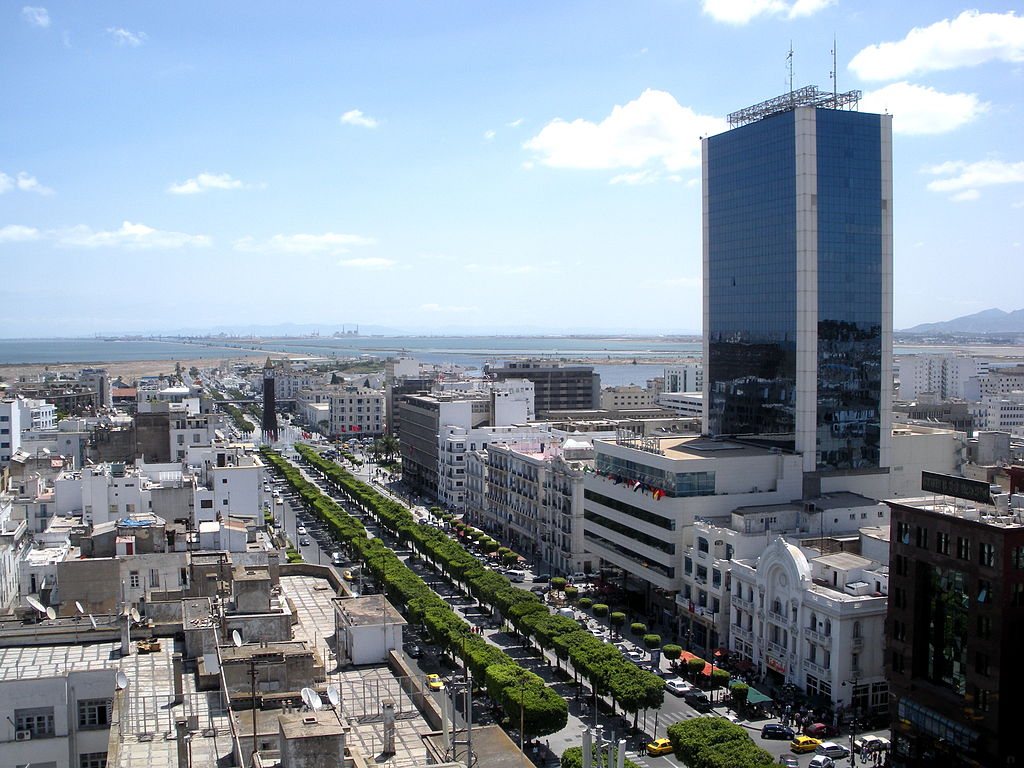The institution underlines that Tunisia's GDP growth should be limited to 1.2% in 2023, due in particular to a persistent drought, external financing challenges and the increase in the debt of several public companies.
Growth in the Tunisian economy is expected to average around 3% per year between 2024 and 2026, the World Bank estimated in a report published on November 6.
Entitled “Bulletin of economic situation: migration in a complex economic context”, the report specifies however that these growth forecasts are “subject to significant downward risks linked to the evolution of the drought as well as the pace of reforms structural measures planned by the government and financing conditions.
For 2023, the multilateral financial institution expects Tunisia’s GDP growth to be limited to 1.2% due in particular to persistent drought, external financing challenges and increasing debt. of several important public companies.
However, she indicates that positive developments have been recorded this year, citing in particular the improvement in terms of trade and a recovery in the tourism sector.
Tourism receipts saw an increase of 47% until the end of August 2023, which, combined with transport services, contributed 0.8 percentage points to overall GDP growth.
“Despite persistent challenges, the Tunisian economy shows a certain resilience. The increase in exports of the textile sector, mechanical industries and olive oil, associated with the growth of tourism receipts, helped to alleviate the external deficit,” declared the World Bank Resident Representative for Tunisia , Alexandre Arrobbio, cited in the report.
“Strengthening competition, improving fiscal space and adapting to climate change are essential measures to restore economic growth and build resilience to future economic and climate shocks,” he said. he adds.











Réagissez à cet article